
This logo isn't an ad or affiliate link. It's an organization that shares in our mission, and empowered the authors to share their insights in Byte form.
Rumie vets Bytes for compliance with our
Standards.
The organization is responsible for the completeness and reliability of the content.
Learn more
about how Rumie works with partners.
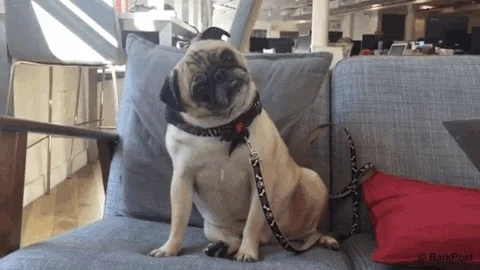
There are some questions you can answer with a simple Google search:
Where is the nearest gas station?
How can I make an easy mac and cheese?
What time is the next movie showing?
But what about when you've got questions like these?
What's at the bottom of a black hole?
How does screen time affect my mental health?
Should math be a mandatory course until grade 12?
To answer more complex questions you can conduct secondary research! Instead of running an experiment (primary research), you can work with the information that's already out there to make a conclusion.
The Scientific Research Process
The scientific research process is a tool that can guide your quest for answers! Along the way you'll:
Ask strong questions
Find the right resources
Sort and filter information
Analyze the content
Share your findings
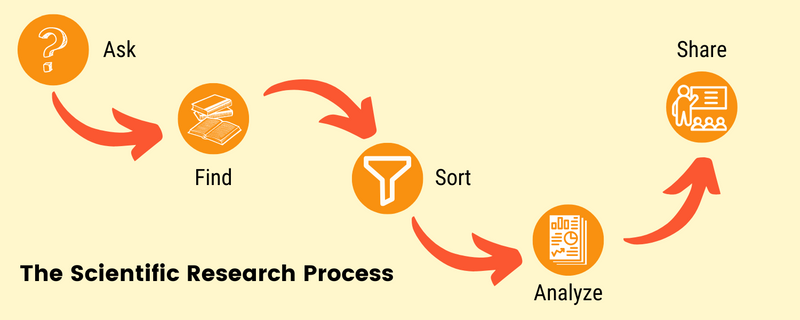
While shown simply in the graphic above, the scientific research process doesn't always move in one direction through the steps. You might skip back and forth between steps or only complete part of the process depending on your goal.
Blair's Biology Assignment 🌱
Grade 10 student Blair just got an assignment for biology class:
If you could snap your fingers and all the mosquitos on Earth would suddenly go extinct, would you do it? Prepare a 2-page paper and list of cited sources.
She'll need to use the scientific research process to answer the question!
Ask Strong Questions

Scientific research questions are there to guide your search. They should be narrow enough to keep research focused, but broad enough to make your own conclusions.
Blair's Biology Assignment 🌱
Blair jotted down possible research questions:
A. How are mosquitos connected to other animals and plants in the ecosystem?
B. If mosquitos went extinct, what would happen?
C. What makes a mosquito's buzzing so annoying to humans?
D. Would the results of a mosquito extinction be helpful, harmful, or both?
Quiz
Which questions should Blair explore? Select all that apply.
Options A, B, and D will help Blair understand the effects of a mass mosquito extinction and make a decision about if this is a positive or negative effect to answer the prompt. While C is interesting, she can save that for another paper or personal interest.
Did you know?
Rumie is a nonprofit community dedicated to making innovative learning free for everyone.
Find the Right Resources
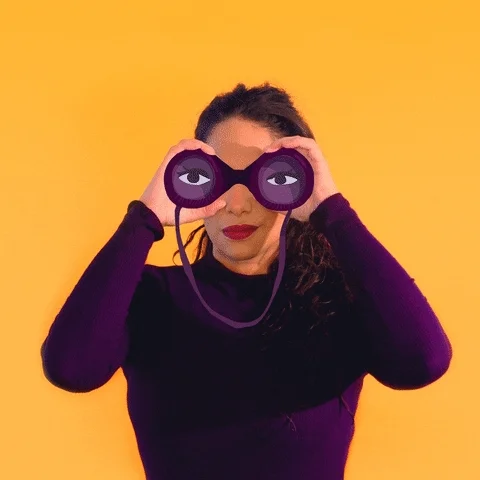 When narrowing down appropriate resources:
When narrowing down appropriate resources:
Use keywords from your research questions to find information
Update your research questions if needed
Prioritize more recent work from peer-reviewed and respected sources
Keep an open mind by considering multiple perspectives before coming to a conclusion
Blair's Biology Assignment 🌱
Blair tries out some keywords in Google and links from a few sources pop up:
A. Nature (the scientific journal)
B. A question and answer forum
C. National Geographic
D. The subreddit r/MosquitoHating
Quiz
Which sources could Blair cite in her final paper?
Content published in a scientific journal and a respected publication like National Geographic has been reviewed by multiple people and would make a reliable source for her paper. While she may be inspired to do more research from what she finds in a forum or subreddit, these aren't quality sources to directly back up her points.
Sort and Filter Information
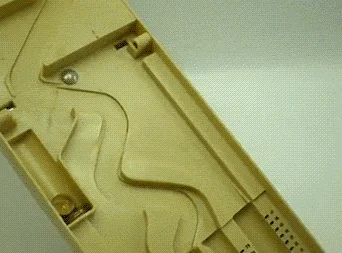
Connect each point to a relevant research question, and add any subtopics as needed.
Keep track of where you found each point. It might be more work upfront, but your future self writing the works cited list will thank you!
Blair's Biology Assignment 🌱
Blair is sorting through her notes and choosing which points she might include:
Quiz
Which point(s) could Blair include in her final report?
While interesting, how much a mosquito weighs won't help Blair make an argument for or against allowing mosquitoes to go extinct. The other points are all relevant to her research questions and she could include them!
Analyze the Content

Organize the information into a narrative that flows and answers your research questions, cutting out anything unnecessary. Build on the information you gathered with a conclusion of your own.
Blair's Biology Assignment 🌱
Blair needs to settle on a conclusion for her paper:
A. A mosquito extinction would harm many plants and animals but I'd snap my fingers anyway because they annoy me.
B. There are points to argue both sides so I don't know what I would do.
C. Due to the devastating effects on all life on Earth, I would not snap my fingers to cause a mass mosquito extinction.
D. I would snap my fingers to cause a mosquito extinction and protect millions of people from getting malaria every year.
Quiz
Which conclusion(s) could Blair choose?
Conclusions C and D actually answer the paper prompt and Blair's research can support it. It's up to Blair which position she chooses to take. While A and B may be true, they don't answer the prompt appropriately.
Share Your Findings
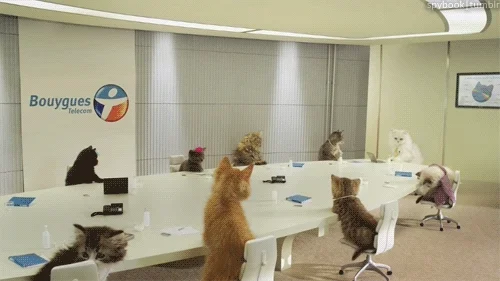
Deliver your ideas clearly and directly for the biggest impact! Consider your audience's perspective by asking yourself:
What does your audience already know?
What is your audience interested in learning?
Which words need to be defined?
How can you present your content to reach your audience effectively?
Quiz
Blair's project was a written paper that her teacher would read, but which format(s) could she use to communicate her findings with a large group of people at once? Select all that apply.
All of these are possible options to present Blair's findings with a large group of people.
Take Action
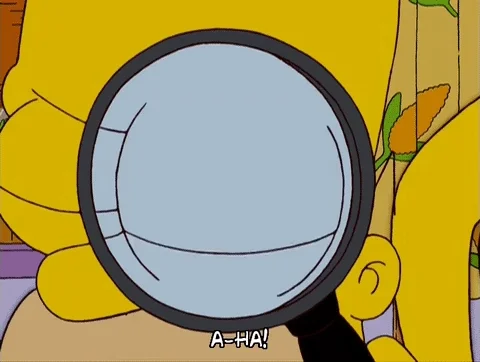
Is there something you're wondering about? Dive into the scientific research process to find quality information and get an answer!
This Byte has been authored by
Kamelia Valkova
Community Manager at Rumie (and I love nature!)
Kamelia Valkova
Community Manager at Rumie